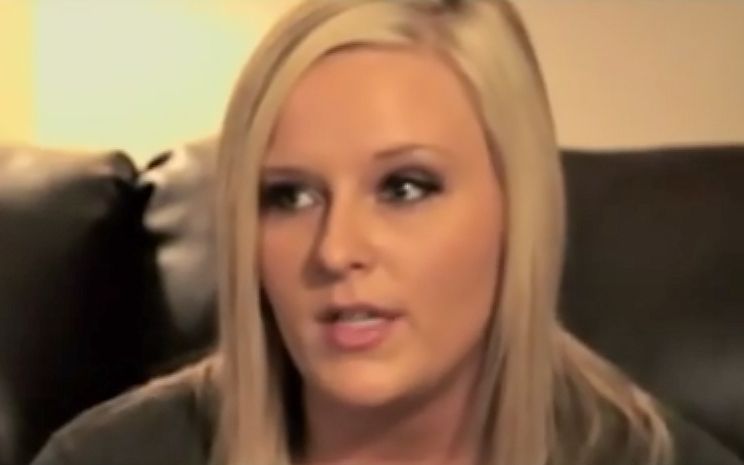
Many children are in the foster care system because they were experiencing abuse from their parents or other relatives, meaning foster care is a much-needed reprieve from a difficult – possibly dangerous – situation.
Unfortunately, these children sometimes end up in situations that are just as bad, if not worse, than the one from which they were removed. What might seem like a positive change can turn into a terrible cycle of abuse.
Even more heartbreaking, children in foster care are not always able to get the help they need. They often feel trapped by their situation and suffer in silence. That’s why, If you are worried that someone you know is experiencing abuse – whether it be a friend, student, or loved one – you need to be able to spot the signs that could indicate physical abuse is taking place.
If you notice any of these signs, we encourage you to reach out to Washington State’s child abuse and neglect hotline at 1-866-ENDHARM.
Unexplained Bruises, Broken Limbs, or Burns
The most noticeable signs that abuse may be occurring are bruises, broken limbs, and burns. That said, these injuries are not terribly uncommon for children and teenagers, especially if they are active.
But there are two things to keep a close eye on. One is if the child is able to explain the injury. If they hesitate or outright refuse to explain it, it could be a sign that it was caused by physical abuse in their foster home.
The other warning sign is if the injuries are recurring. It’s not uncommon for a child to get the occasional bump or bruise, but if they regularly have bruises or burns on their body, or are frequently breaking bones, it’s more likely that the cause is abuse-related.
Patterned Injuries, Such as Belt Marks
While all parents, including foster parents, have different views on discipline, spanking children – especially in an aggressive manner, such as with a belt – is a violation of the Washington State Department of Social and Health Services’ foster care guidelines and does constitute physical abuse.
Research has shown that spanking is not effective but instead has lasting consequences on a person’s brain – so it should never, ever be taken lightly or shrugged off.
Unusually Aggressive Behavior
Child maltreatment can result in all types of antisocial behaviors, including aggressive, violent actions. Put simply, those who are abused are more likely to abuse others. In fact, according to one study, “Child abuse is considered to be an essential factor in the development of aggressive behavior.”
It’s sad to see a child express the same type of behavior they are experiencing, which is why it is so critical that any child in an abusive situation be removed from it as quickly as possible.
Discomfort with Physical Touch
When a child begins to associate touch with physical violence, it can affect how they react to non-violent physical interactions. They may hesitate or refuse to engage in any type of physical touch, such as having someone hug them or put an arm around them.
If you notice this type of discomfort, it could be an indication that they are experiencing abuse and it is having a deep psychological impact on their well-being and ability to connect with others.
Fear of Being Near the Foster Caregiver
It can be difficult for foster children to warm up to their foster parents or caregivers. It is not common, however, for a foster child to express outright fear when being around a foster parent – which is why, if you notice such fear, you could begin looking for other signs that physical abuse may be occurring.
Flinching When the Foster Caregiver Is Near
Even more troubling than fear is when foster children have a physical reaction to their foster caregiver’s presence, such as flinching. This is a very good indicator that abuse is occurring since the child is reacting involuntarily, meaning they expect physical abuse without even thinking about it.
Contact a Washington Foster Care Abuse Lawyer
No child should have to experience this kind of maltreatment, especially from those who have been entrusted with their care. That’s why, at Fuller & Fuller, foster care abuse attorney Marya Fuller is here to fight for the rights of foster children and do everything she can to achieve justice for those who have been abused at the hands of foster parents or others in the foster home.
Again, if you are seeing these signs of physical abuse, we encourage you to call Washington State’s child abuse and neglect hotline at 1-866-ENDHARM.
If you are experiencing or have experienced physical abuse while in foster care and have questions about your legal options, we encourage you to reach out to foster care abuse attorney Marya Fuller for a FREE case review by calling (800) 570-4878. We serve clients in Olympia, Tacoma, Seattle, and throughout Washington State.






